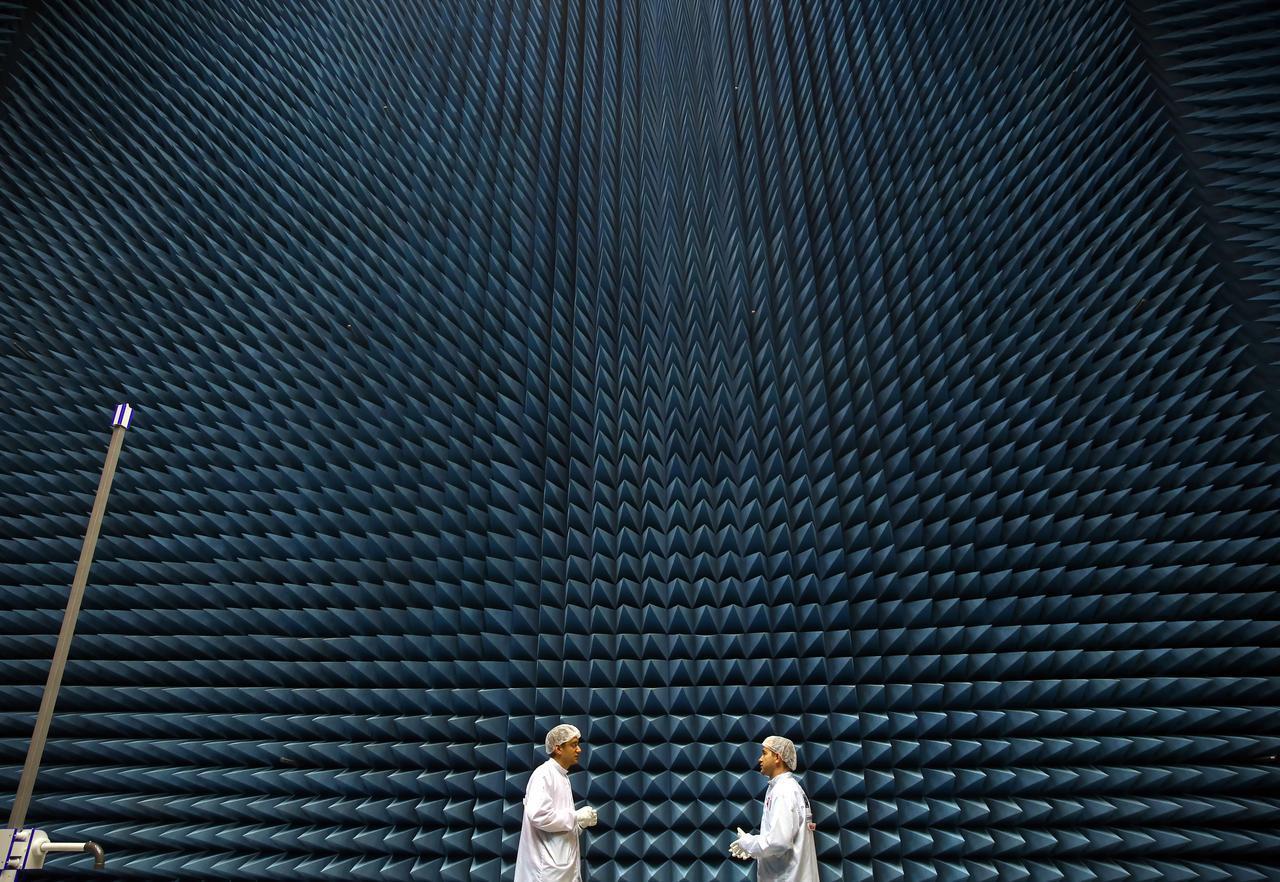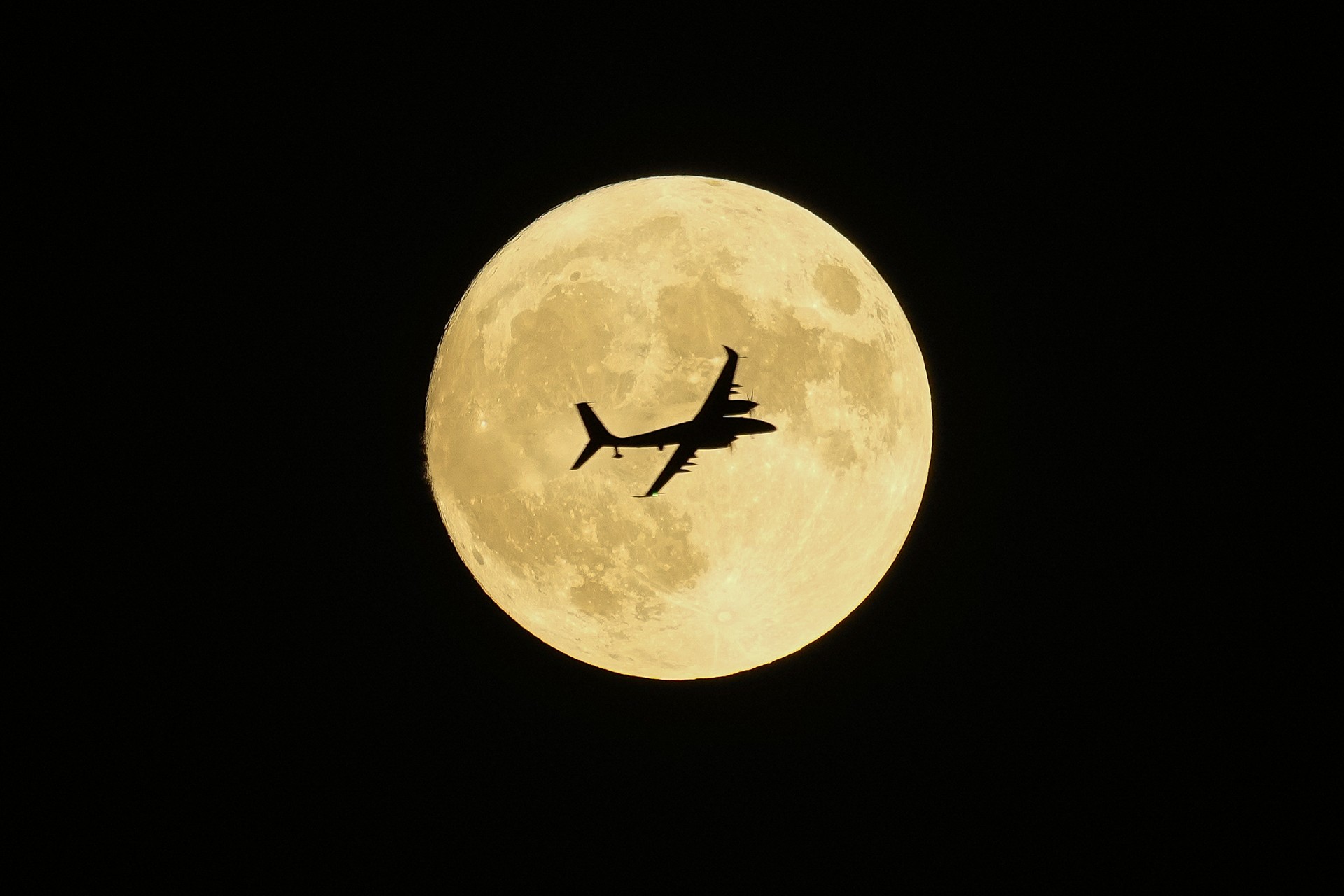
Türkiye's space agency has successfully completed production and space compatibility tests for a hybrid propulsion system that will power the country's upcoming lunar mission spacecraft, marking a significant step in the nation's pursuit of technological independence in space exploration.
The Turkish Space Agency is leading the lunar mission project, which will deploy a spacecraft developed entirely with domestic capabilities to reach lunar orbit and collect scientific data, according to information obtained by Anadolu Agency.
The mission aims to demonstrate Türkiye's competency in space technologies and engineering capacity on the international stage. The spacecraft, developed by TUBİTAK UZAY, will use its own guidance and propulsion systems to maneuver into lunar orbit after separating from its launch vehicle. The advanced technology platform will collect high-precision data from the lunar surface, opening a new chapter in Türkiye's scientific space research.

The spacecraft's most critical components are being advanced through domestic engineering capabilities. Flight computers, mission payload interfaces, propulsion control and thermal monitoring systems, power distribution units, fixed solar panels, communication systems, reaction wheels, inertial measurement units and structural components are all being produced entirely domestically.
Specialized materials including multi-layer insulation blankets designed to withstand space conditions are also being developed within Türkiye.

The mission payloads include scientific equipment such as video cameras, visual navigation systems, radiation dosimeters and calorimeters. These systems are intended to contribute both to scientific studies and Türkiye's technological knowledge base through data collected from the lunar surface.
The hybrid propulsion system for the spacecraft is being developed by domestic technology company DeltaV. Production and space compatibility tests for the system are continuing successfully, with a recent test of the two-stage hybrid rocket system reaching an altitude exceeding 200 kilometers, setting a new altitude record for hybrid rocket motors.
The lunar mission is expected to showcase the advanced level Türkiye has achieved in domestic space technologies while providing strong support for the country's vision of scientific and technological independence.